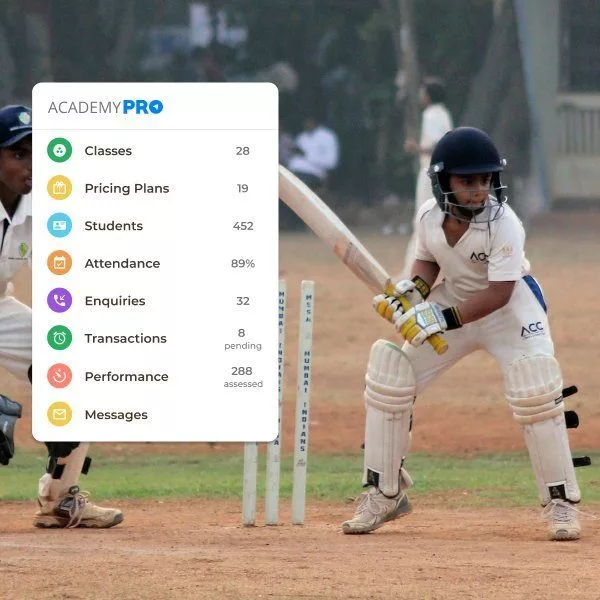Team Sports : 8 reasons why your child should play
Team sports have long been a staple of childhood and adolescent development. From soccer to basketball, baseball to volleyball, participating in team sports offers a plethora of benefits that go far beyond the mere act of physical exercise. In an age where screens and gadgets often compete for our children’s attention, team sports provide a valuable opportunity for them to learn and grow in a social setting. Let’s explore eight compelling reasons why your child should play team sports, backed by development statistics that highlight their importance.
-
-
Physical Fitness and Health

It’s no secret that physical activity is crucial for maintaining a healthy lifestyle. According to the World Health Organization, children and adolescents should engage in at least 60 minutes of moderate-to-vigorous physical activity every day. Team sports not only make exercise fun but also help children meet this recommendation effortlessly. A study published in the Journal of Pediatrics found that children who participate in team sports are more likely to achieve higher levels of physical fitness, reducing the risk of obesity and related health issues. -
Social Skills and Communication
Team sports offer an ideal environment for children to develop crucial social skills. Through cooperation, teamwork, and communication, they learn how to work together toward a common goal. According to research from the International Journal of Sports Science & Coaching, participation in team sports is associated with improved social interaction and interpersonal communication, which can lead to better relationships both on and off the field.
-
Self-Esteem and Confidence
Being part of a team can significantly boost a child’s self-esteem and confidence. When they contribute to their team’s success, they experience a sense of accomplishment and belonging. According to a study in the Journal of Sport & Exercise Psychology, children who play team sports have higher self-esteem and a more positive body image compared to their non-sporting peers.
-
Discipline and Time Management
Participating in team sports requires commitment and discipline. Children learn the importance of regular practice, punctuality, and time management. The structured nature of sports seasons helps instill these valuable life skills. The National Alliance for Youth Sports reports that 85% of youth athletes say that being on a team has helped them become more disciplined in their everyday lives.
-
Leadership and Decision-Making
Team sports often provide opportunities for children to take on leadership roles, whether as team captains or by stepping up in critical moments. The American College of Sports Medicine emphasizes that these experiences can foster leadership qualities and decision-making skills that are valuable in various aspects of life. Statistically, 73% of former athletes surveyed by the Women’s Sports Foundation reported that playing sports helped them develop leadership skills.
-
Goal Setting and Perseverance
Setting and achieving goals are vital aspects of personal growth. Team sports teach children to set both individual and team goals, whether it’s scoring a goal or winning a championship. According to a study published in the Journal of Applied Sport Psychology, youth athletes who regularly set and work towards goals are more likely to persevere in the face of challenges and setbacks.
-
Stress Reduction and Mental Health
The benefits of team sports extend to mental health as well. Engaging in physical activity releases endorphins, which can reduce stress and anxiety. A report from the Aspen Institute’s Project Play highlights that participation in sports can help children manage stress and improve their overall mental well-being. In fact, a survey by the American Psychological Association found that 80% of adults believe that participating in sports can help manage stress.
-
Lifelong Friendships and Networking
Team sports often create lasting bonds and friendships. The experiences shared on the field can lead to lifelong connections. A study in the Journal of Sport & Exercise Psychology found that former athletes often maintain their athletic networks throughout their lives, which can be valuable for personal and professional opportunities.
-
In conclusion, team sports offer a wide range of developmental benefits for children, supported by numerous statistics and research findings. These benefits encompass physical health, social skills, self-esteem, discipline, leadership, goal setting, stress reduction, and the formation of lasting friendships. Encouraging your child to participate in team sports can have a profound and positive impact on their overall development, setting them up for success in both sports and life. So, lace up those sneakers, grab a ball, and let your child experience the transformative power of team sports. There is a study by the Health Department of the USA too.

